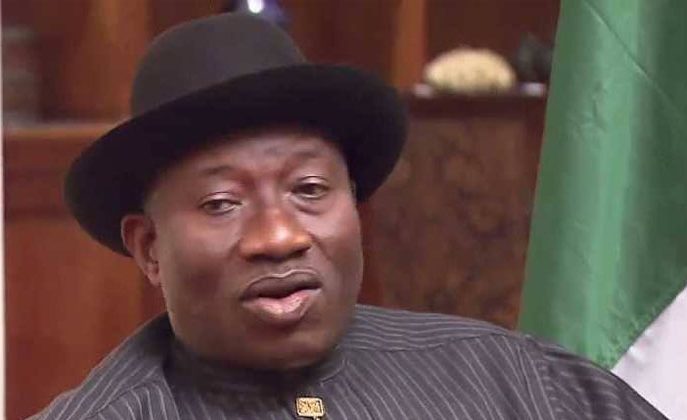Evaluating Former President Goodluck Jonathan’s Tenure: A Reflection on Governance and Power Dynamics
Former President Goodluck Jonathan’s recent criticisms of the current administration’s use of executive, legislative, and judicial powers have sparked discussions about his own tenure and the complexities of governance in Nigeria. While it’s essential to assess any leader’s actions critically, it’s equally important to contextualize decisions within the challenges they faced.

Controversies During Jonathan’s Administration:
1. Security Votes and Financial Management: The concept of “security votes”—funds allocated for unforeseen security needs—has been a longstanding practice in Nigerian governance. Jonathan’s tenure was no exception, concerns were raised about the opacity and potential misuse of these funds due to abuse of power. Critics argued that the lack of transparency during the administration led to misappropriation, highlighting the need for clearer accountability mechanisms. The present administration has set up an improved accountability mechanism.
2. 2011 Presidential Election and Zoning Controversy: Following President Umaru Musa Yar’Adua’s death in 2010, Jonathan’s decision to run in the 2011 elections stirred debates about the People’s Democratic Party’s (PDP) zoning agreement, which aimed to rotate power between the North and South. Some party members felt this move disrupted the informal power-sharing arrangement, leading to internal party & Nationwide tensions. The APC administration has corrected this imbalance with Buhari’s election in 2015 and Tinubu’s election in 2023 so there can be peace between the North and South zoning format which Jonathan disrupted using an abuse of power, legislature and judiciary to retain power and almost caused a constitutional crisis by vying for re- election in 2015.

3. State of Emergency Declarations: In response to escalating insurgencies, Jonathan declared states of emergency in several states. While these measures aimed to restore order, they also raised questions about the balance between ensuring security and upholding democratic processes within a democracy.
The present administration only declared a militarised State of Emergency when National assets providing revenue for the country were attacked by militants as a result of a protracted political imbroglio in the State which could not be resolved despite several interventions including presidential intervention.

The Complexity of Governance:
Leadership often involves making challenging decisions, especially when national security and stability are at stake. Actions taken by any administration can be perceived differently, depending on perspectives and outcomes. It’s crucial to understand that decisions, whether popular or contentious, are made based on the information and circumstances at the time.

Conclusion:
While former President Jonathan’s tenure had its share of controversies, it’s essential to approach critiques with a balanced perspective. Governance in a diverse nation like Nigeria requires navigating complex political landscapes, and decisions made by leaders are often influenced by multifaceted challenges. Recognizing this complexity fosters a more nuanced understanding of past and present administrations.
Dr. Amiida
The National Patriots
Headlinenews.news




